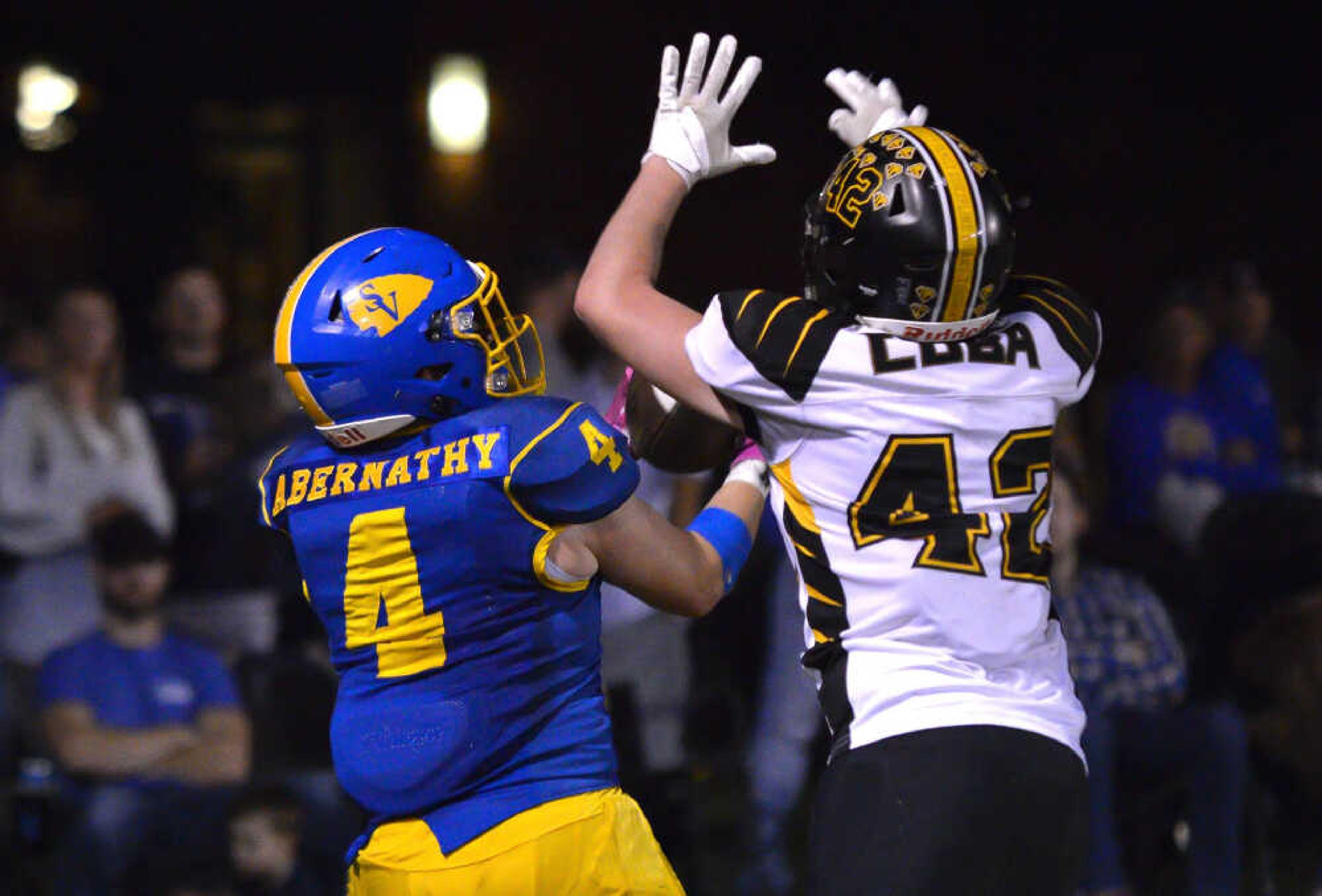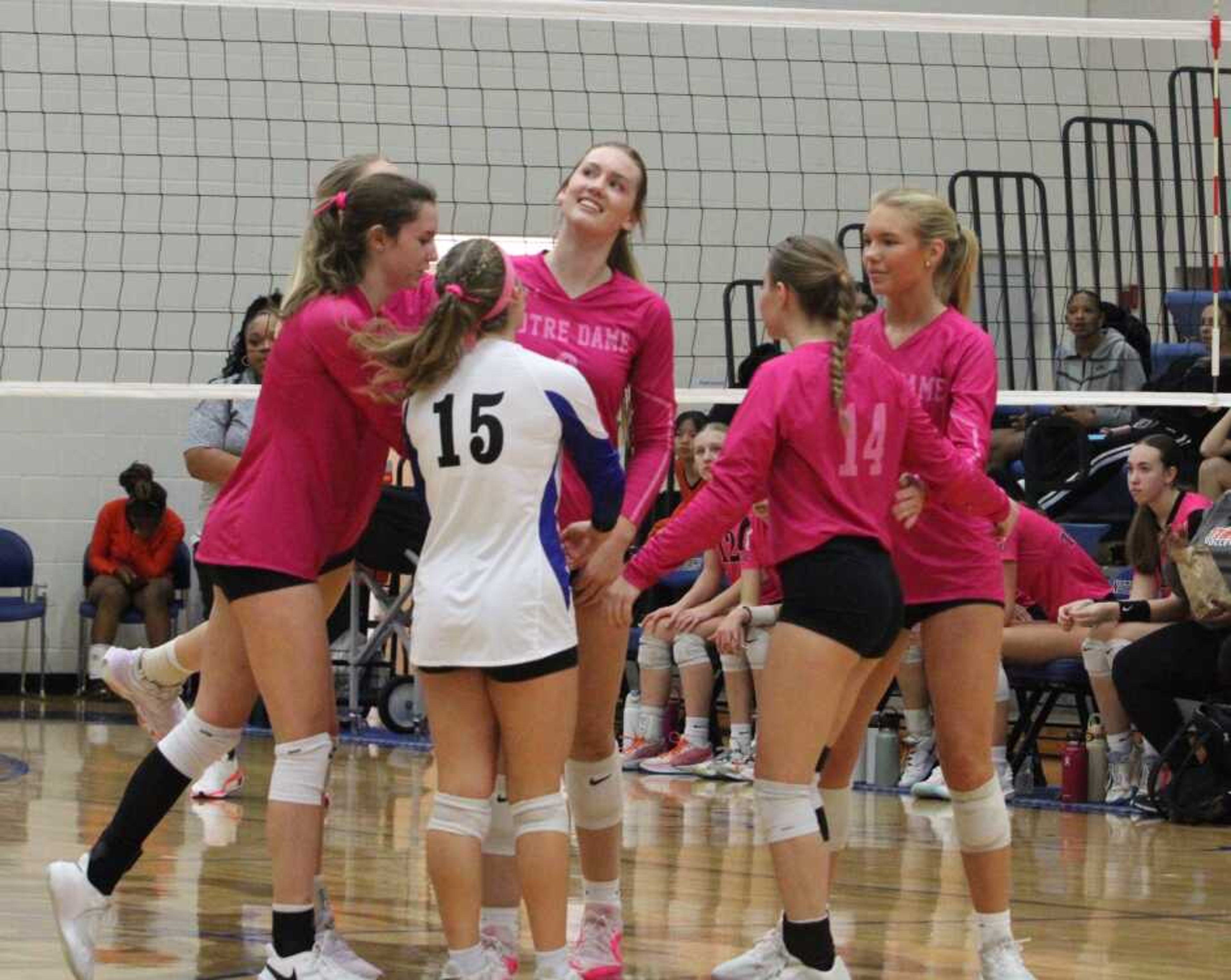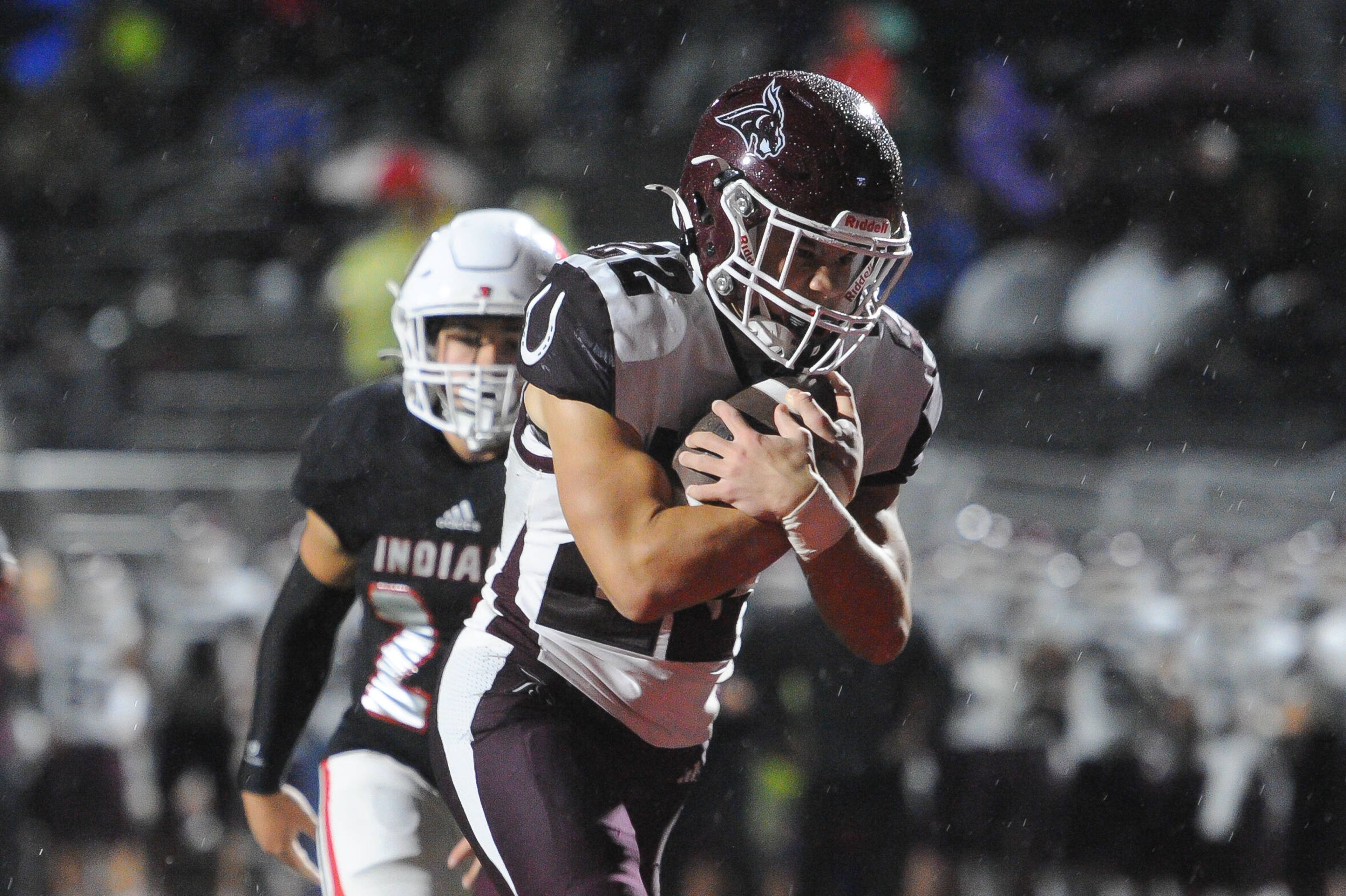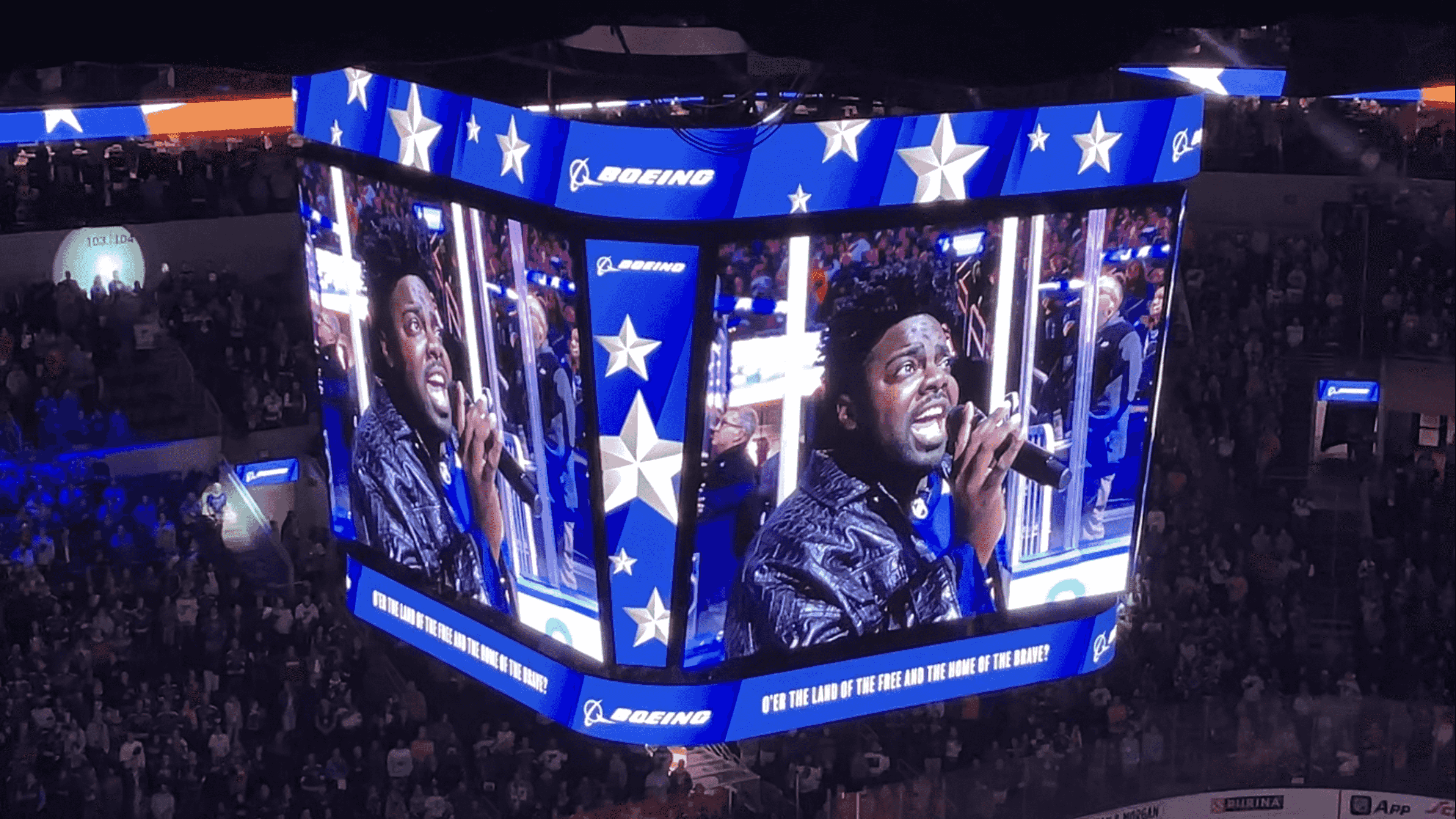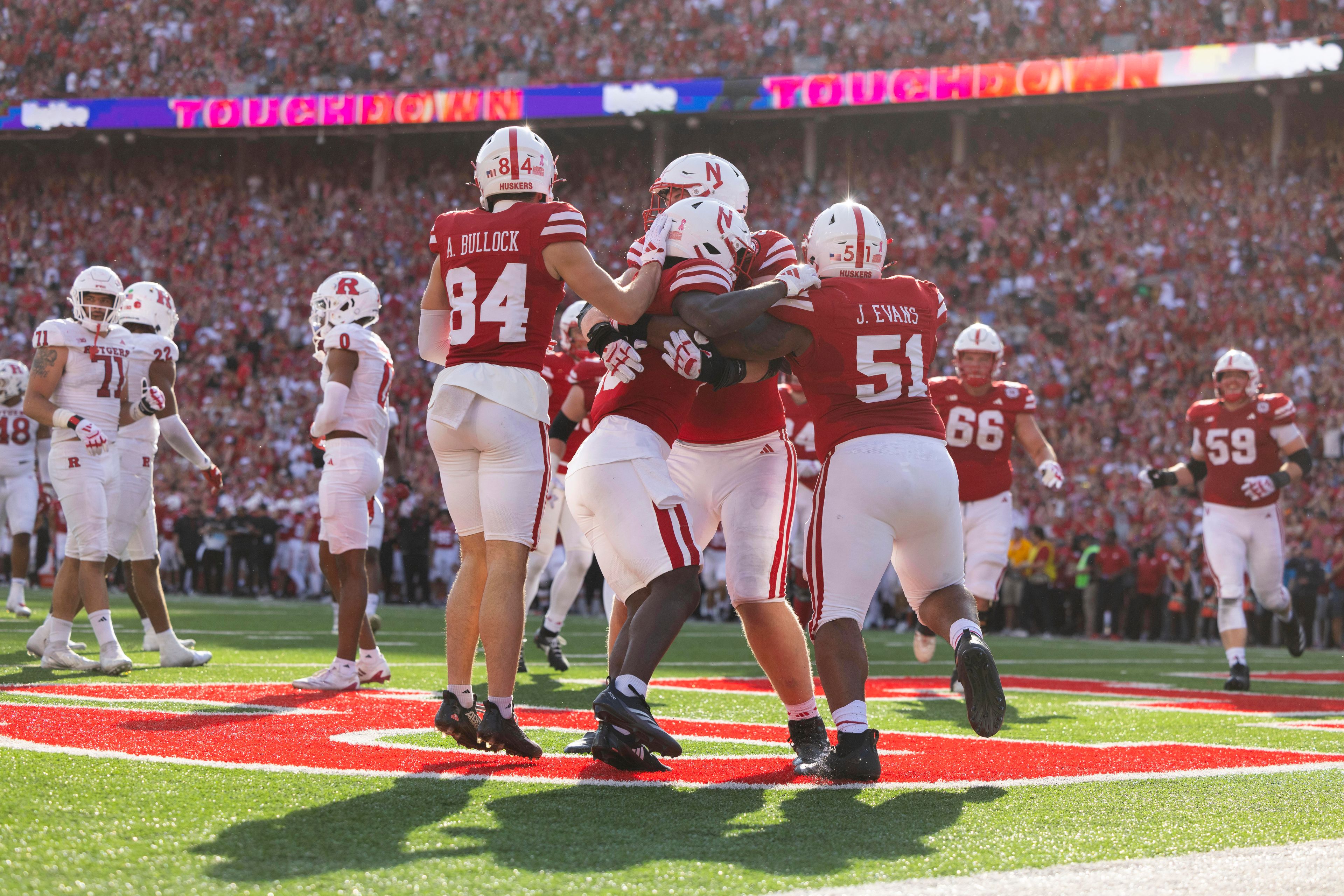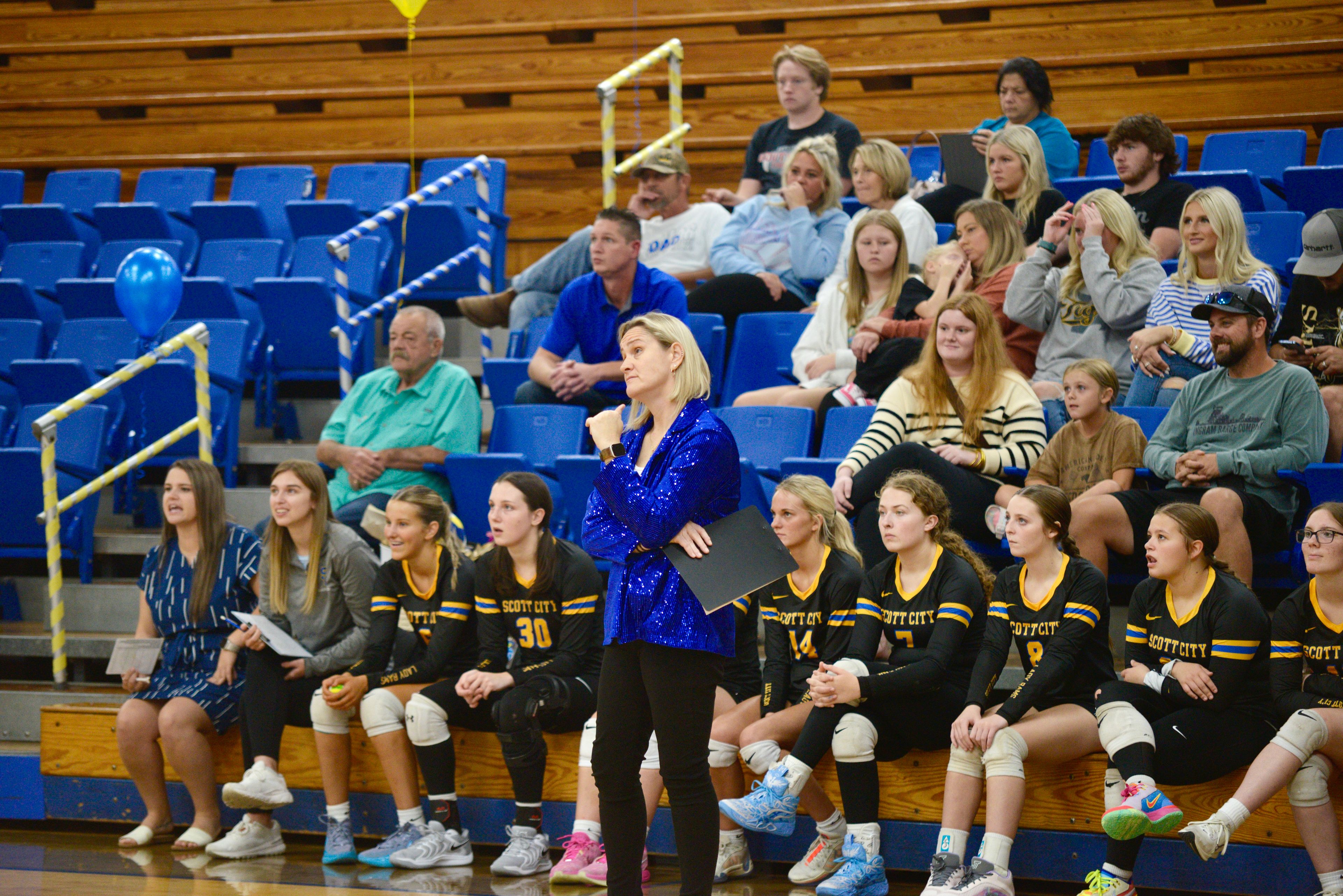Australian champs defy age, redefine the limits
They are champions for the ages and heroes of the middle-aged. Andre Agassi, bald and still beautiful in his movement on the court, is a Grand Slam champion again at 32 with his fourth title in the Australian Open's summer swelter. Yet he is a mere pup compared with Martina Navratilova, 46 and closing in on AARP eligibility as she leaves the Australian Open mixed doubles with her 57th major title...
They are champions for the ages and heroes of the middle-aged.
Andre Agassi, bald and still beautiful in his movement on the court, is a Grand Slam champion again at 32 with his fourth title in the Australian Open's summer swelter.
Yet he is a mere pup compared with Martina Navratilova, 46 and closing in on AARP eligibility as she leaves the Australian Open mixed doubles with her 57th major title.
Jerry Rice scored one more Super Bowl touchdown at age 40, even if he couldn't carry the Oakland Raiders past the Tampa Bay Bucs.
As spring training approaches in baseball, Barry Bonds, Rafael Palmeiro, Randy Johnson and Curt Schilling, all in their late 30s, and Roger Clemens, 40, are defying age and redefining limits with punishing workouts to stay among the best in the game.
Rickey Henderson, released by Boston, plans to be diving headfirst into the bases somewhere this season at age 44.
Michael Jordan, three weeks from his 40th birthday, is averaging 18.2 points and 35 minutes a game as he continues to transform the Washington Wizards into a playoff contender. John Stockton, approaching 41 in March, is fourth in the NBA in assists while his 39-year-old Utah teammate, Karl Malone, again leads the Jazz in scoring and rebounds.
These elite athletes, and others in virtually every sport, are performing at a higher level longer than ever. They're not just hanging on, they're setting records and keeping younger players on the bench.
Every era has had at least a few good older athletes, but never like today. Better training methods and nutrition products, a deeper commitment to working out year-round, and soaring salaries and prize money that encourage athletes to play longer have combined to produce a generation of athletes that is changing sports and attitudes.
They are Baby Boomers who refuse to grow old, or at least show their age, and they are part of a phenomenon that has broad implications for professional sports and society.
For all of us sweating through workouts in YMCAs or knocking around courts and fields on the weekends, the triumphs of these champions set the bar higher. Whether we're in our 30s or 40s, or in our 70s or 80s, when age doesn't seem to matter anymore there's suddenly a new view of what we can achieve.
Youthfulness is celebrated in every sphere, not just in sports, but champions like Navratilova are redefining what that means and how it looks.
When she played a Wimbledon tuneup event last summer, Navratilova heard some carping from young players that she was taking up a spot in the draw and should have stayed retired.
It was the most foolish of complaints, smacking of little more than petty jealousy. Ridiculous, too, was the criticism that her first singles match victory in eight years, over No. 22-ranked Tatiana Panova, was a sign of weakness in the women's game.
"That would really make me mad, because when Michael Jordan comes back he still makes an All-Star team and plays well because he's great," she said. "And I can still play this game and certainly I can still play it on grass. So don't look at the age, look at the ability."
That's all anybody has to look at in the athletes who continue to astonish at what once was considered an advanced age in sports. There's scant evidence that the average age of pro athletes is increasing, or that there is any lack of young talent. Rather, Agassi, Navratilova, Rice and the other older standouts make up a unique group who have been champions throughout their careers and refuse to stroll into the sunset too soon.
Statistics can be stretched in a lot of different ways, but some of them don't lie. When Barry Bonds hits 73 home runs at age 37 and bats .370 at age 38, and wins the National League MVP both years, he's clearly performing at a level that used to be considered impossible for players that old. Even cynics who claim that Bonds is pumped up on steroids, despite his denials, would have to acknowledge that his batting average is hardly a function of pure power.
When Agassi wins matches in 100-degree heat in Australia, or Pete Sampras wins the U.S. Open at 31, or Lance Armstrong wins his fourth Tour de France and the AP Male Athlete of the Year award, also at 31, they are making a statement that assumed limits no longer exist.
All of which made a comment by Venus Williams this weekend sound a little silly. She was lamenting her loss to her younger sister, Serena, in the Australian Open women's final. Venus was saying she didn't want to be a player who wins "only" four Grand Slams.
"When you look at the great players who have won 20 and all those kinds of numbers," she said, "I still have a long way to go -- and not much time."
All of 22, Venus could play 10 more years and 40 more Grand Slams and still would be 14 years younger than Navratilova is now.
Steve Wilstein is a national sports columnist for The Associated Press.
Connect with the Southeast Missourian Newsroom:
For corrections to this story or other insights for the editor, click here. To submit a letter to the editor, click here. To learn about the Southeast Missourian’s AI Policy, click here.
